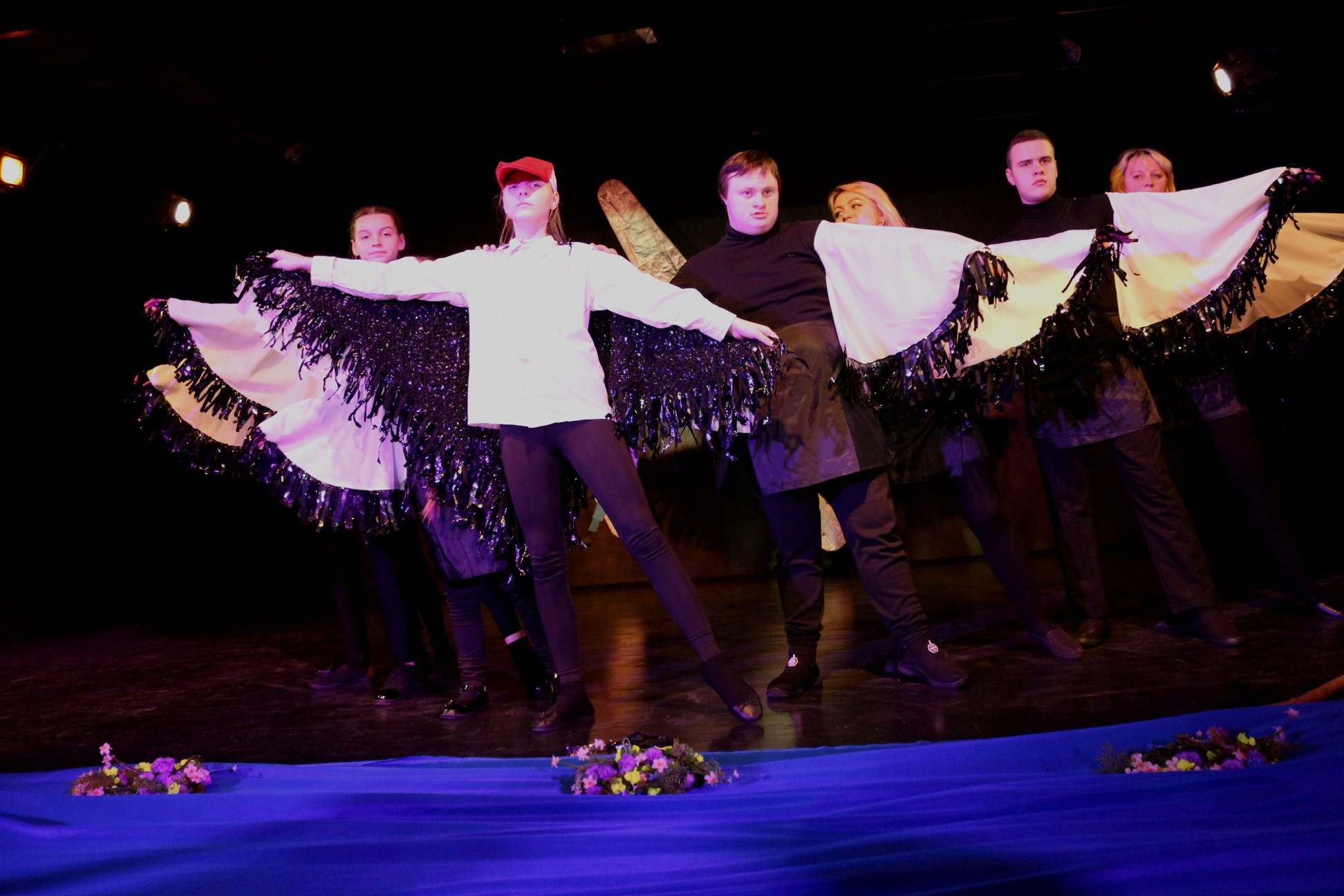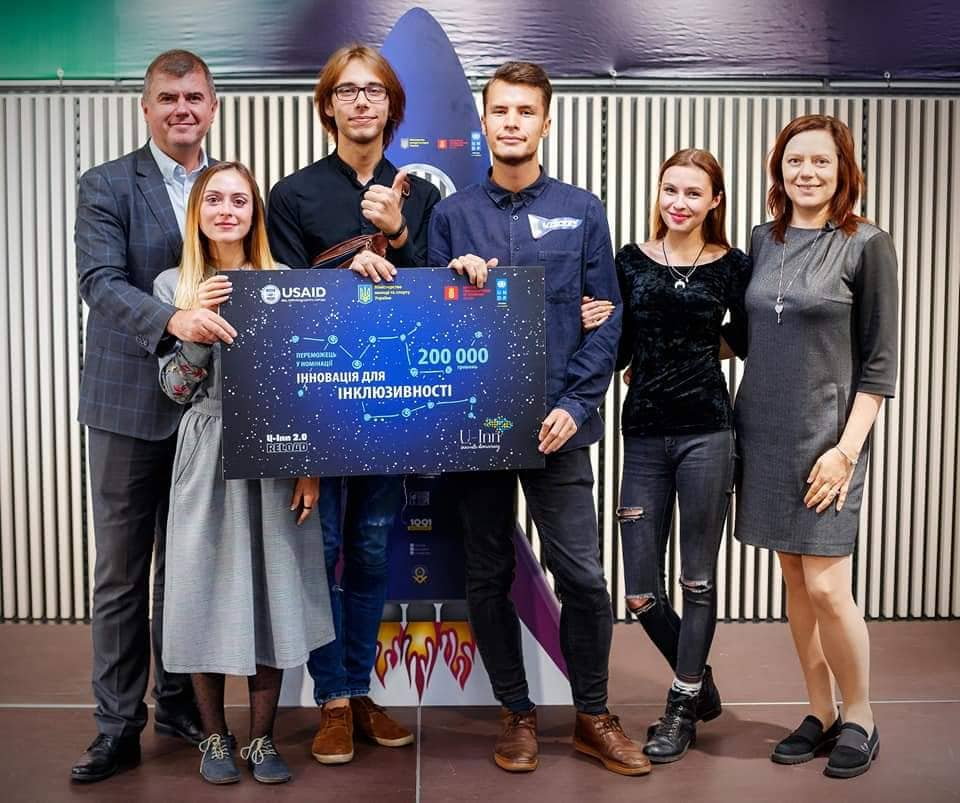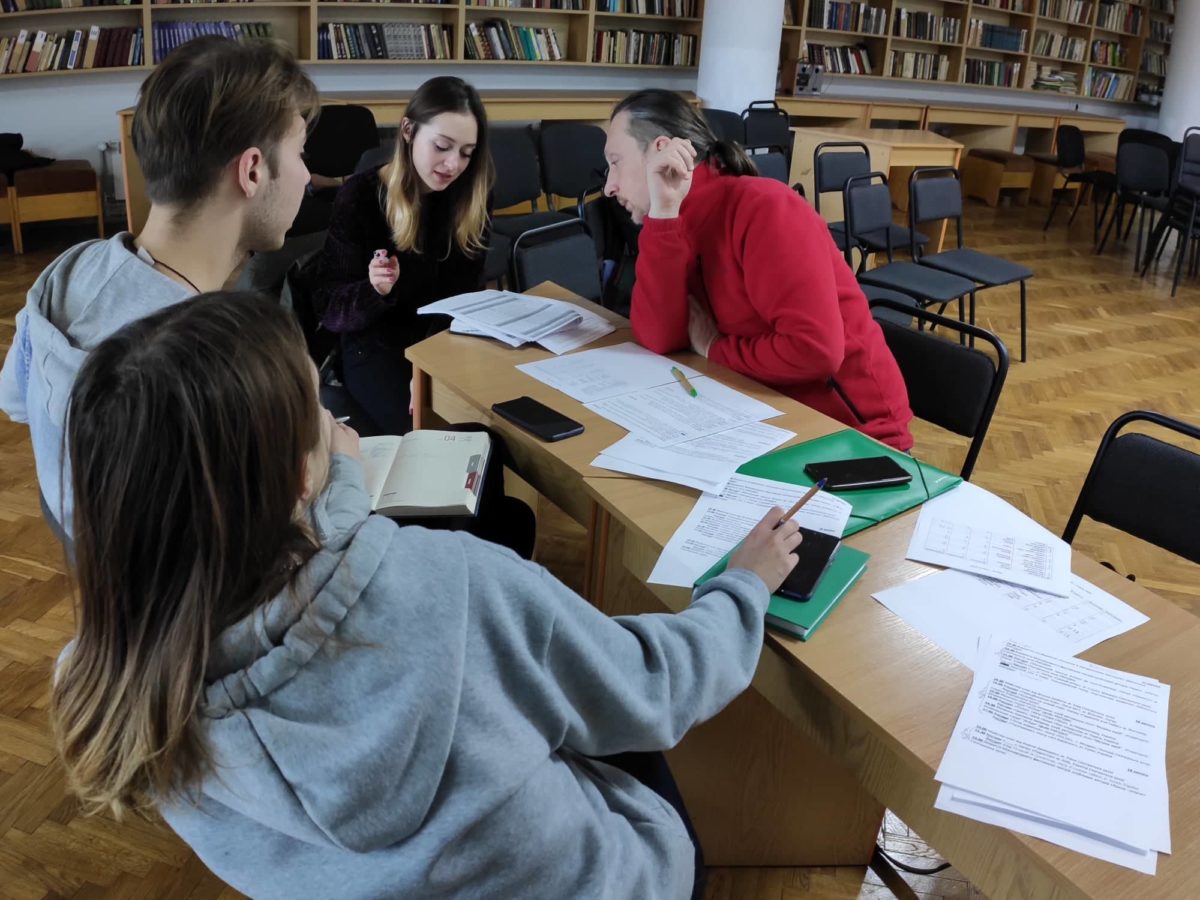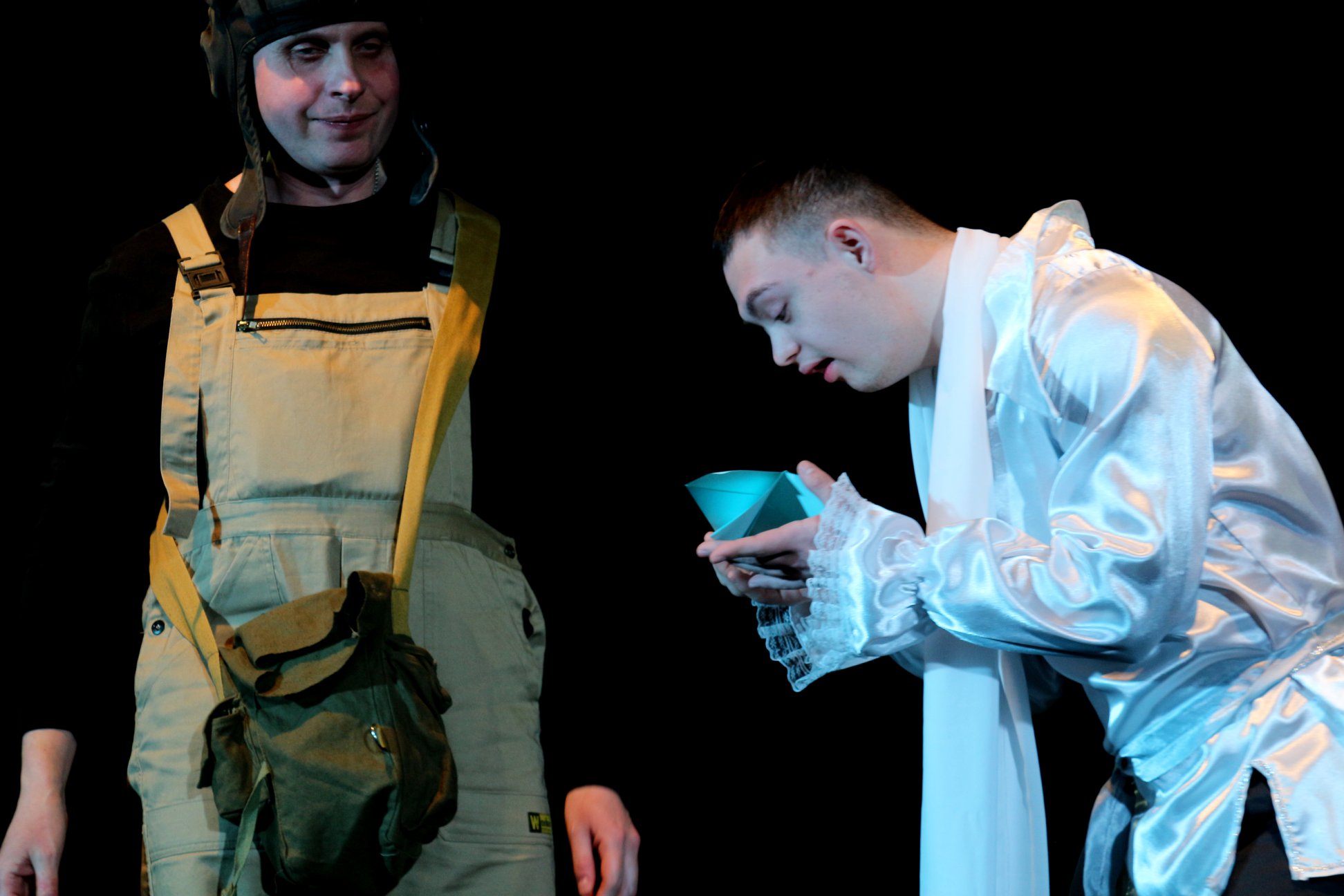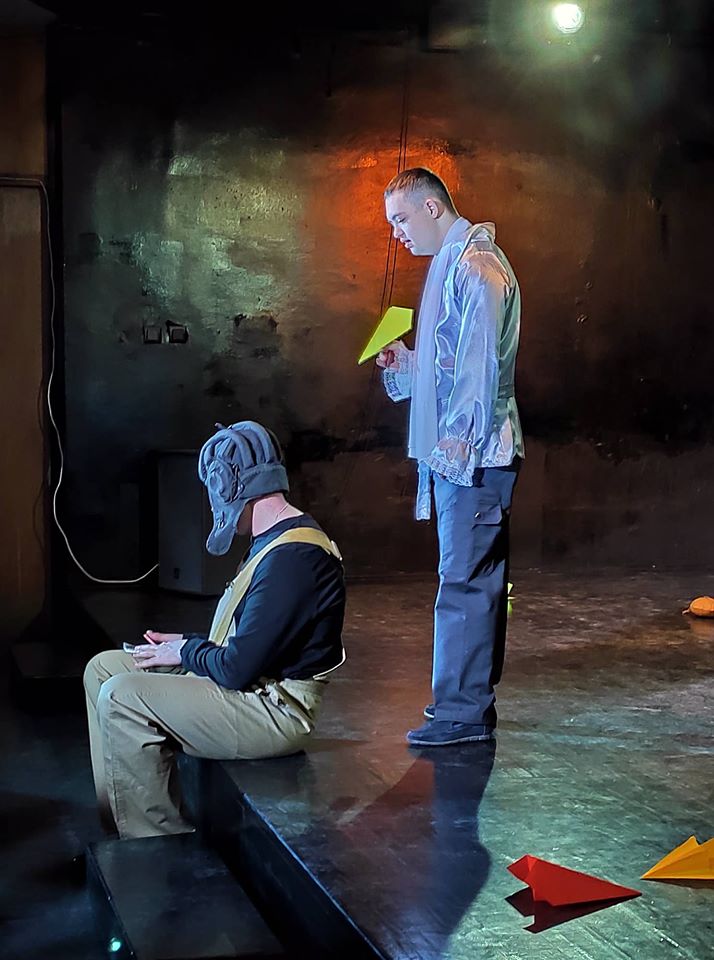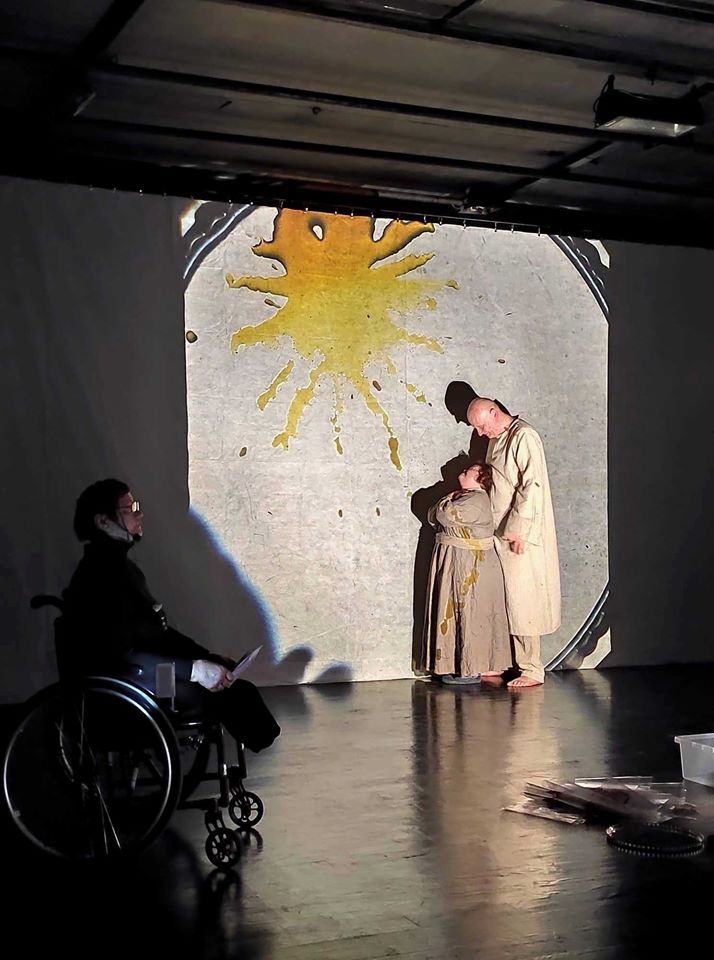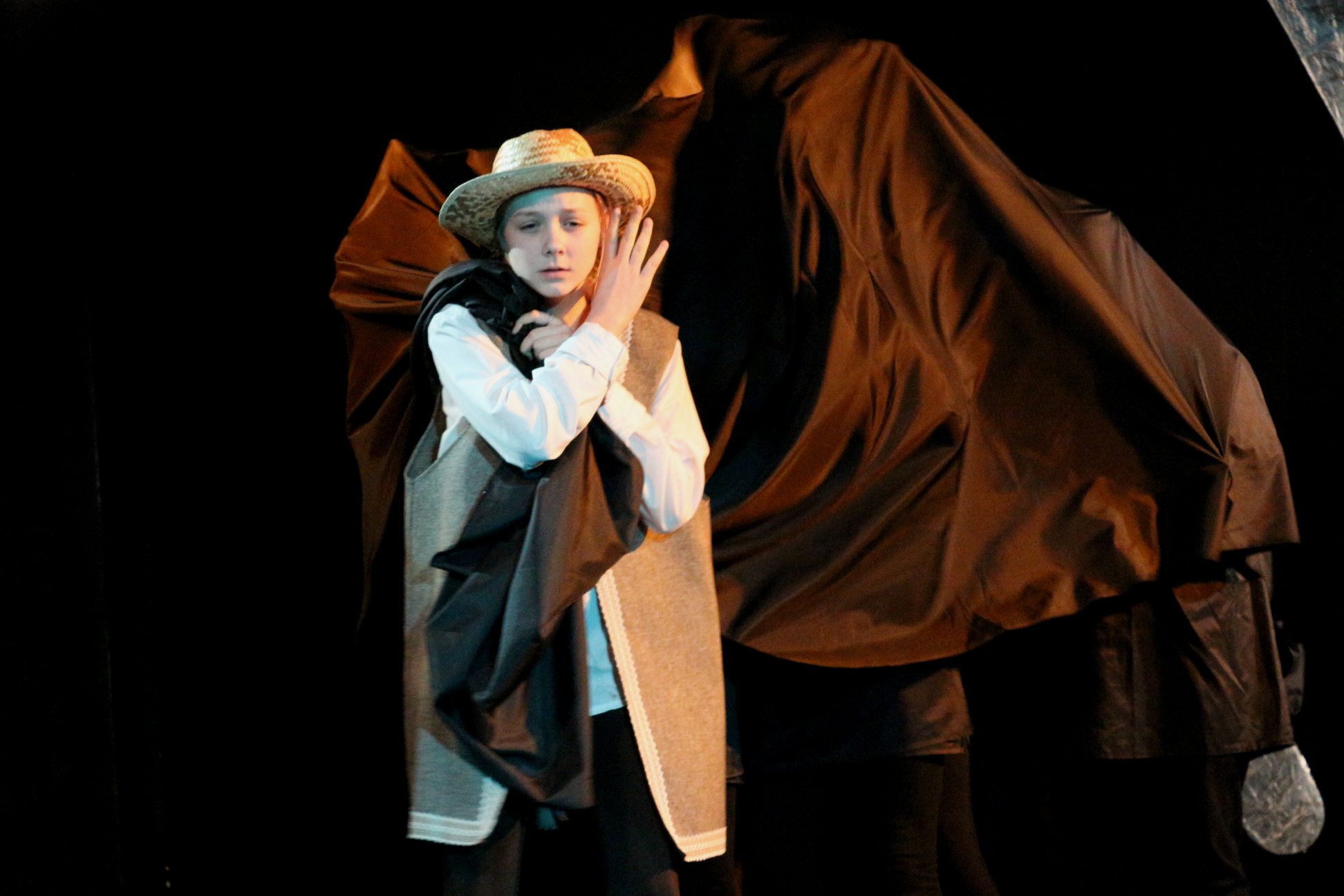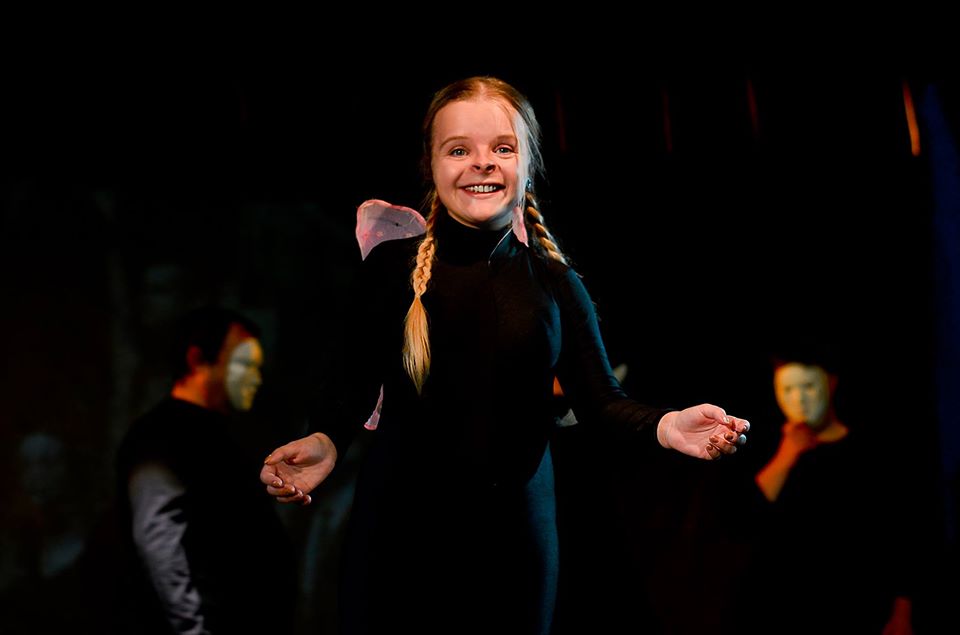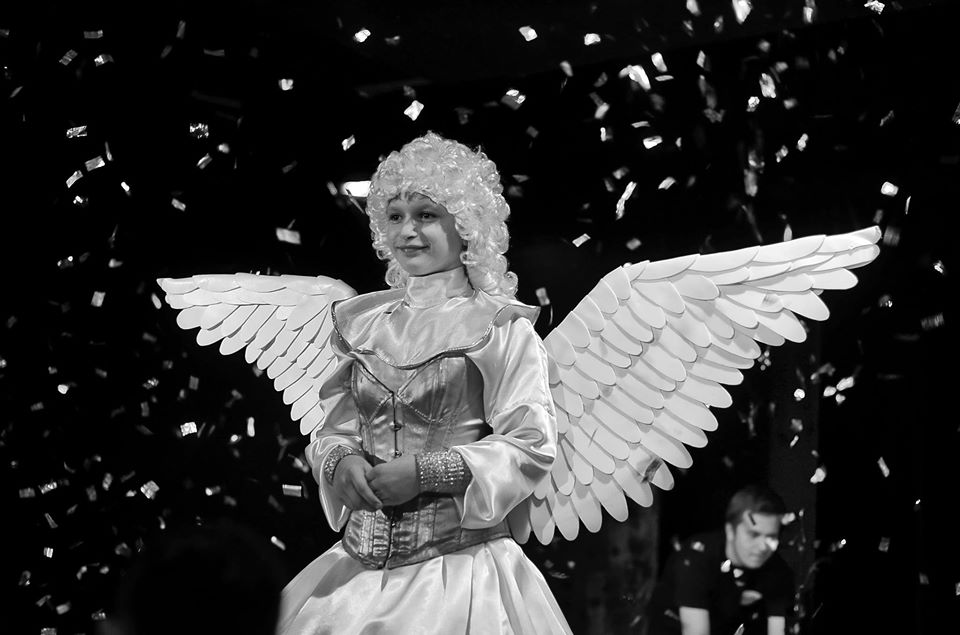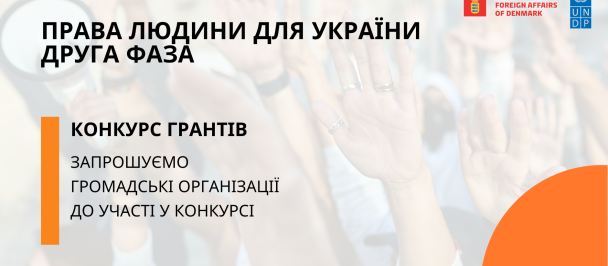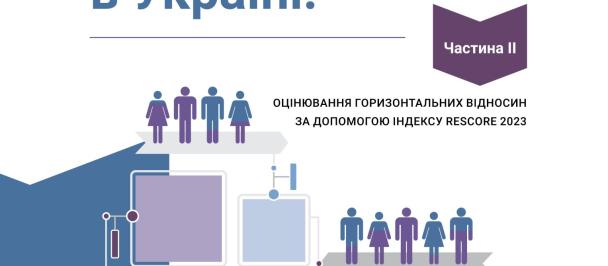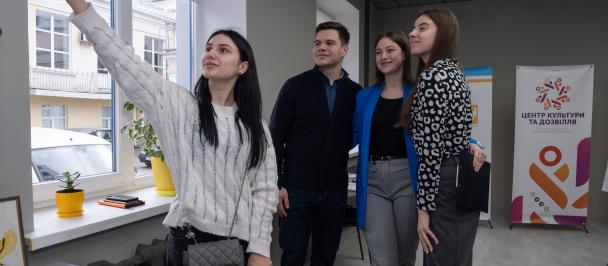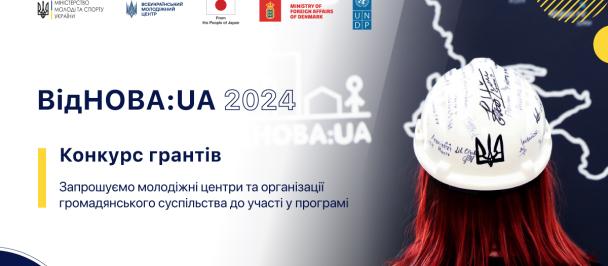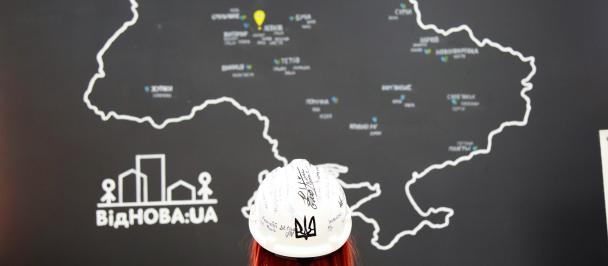Photo courtesy Wings Online
Young people with disabilities are taking to the stage in Ukraine, performing in front of audiences not just in theatres, but to audiences online, unleashing their creativity and breaking down barriers to inclusivity at the same time.
It’s all thanks to Wings Online (“Kryla Online” in Ukrainian), an innovative project which encourages the young people with disabilities to participate in the performing arts.
Civil activist Yana Dishkant was one of the people behind the idea.
“Working in an NGO I was repeatedly a project manager,” Dishkant says. “Often, however, projects were most likely to be single projects with short-term duration. But then there was an opportunity to realize something large, to provide sustainability to a project.”
That opportunity came from the U-inn 2.0 Youth Innovations Programme, an incubator that aims to promote innovative youth initiatives at the local level through running a competition in which teams compete for financial and mentoring support to implement their project. The programme is implemented by the United Nations Development Program in Ukraine in partnership with the Ministry of Youth and Sports of Ukraine, with financial support from the Ministry of Foreign Affairs of Denmark, as part of the Civil Society for Democracy and Human Rights project. In 2019, USAID Interaction also became a partner of the programme.
Returning from the U-Inn youth innovation camp in summer 2019, Dishkant was brimming with ideas for projects. She settled on one that focuses on inclusivity.
“First, the topic is relevant and every year the question of inclusion get more and more attention,” says Dishkant. “Secondly, our team has already had experience and insight about how to work with people with disabilities, how to communicate and make friends with them.”
The basis for the project idea was, in fact, already up and running: a theatre of actors with mental disabilities based at the Palace of Children and Youth in Rivne, in western Ukraine.
“I just went to meet the manager and director, Yuriy Paskar,” Dishkant says.
“It was Yuriy himself who thought up the idea of the Wings Festival. Subsequently, (theatre actors) Yaroslav Kotyk, Mykola Tsyganyuk and Yulia Hanushchak joined the team.”
So with a combination of skills – those of a theatre director, actors, and a project manager – with experience in practicing the performing arts with people with disabilities, and already having practical understanding of the issue of inclusivity, the team developed the Wings Online project and submitted it to U-Inn 2.0.
It was among the six winning projects out of 15 finalists in the competition, and in September 2019 the team was awarded that prize of a grant of UAH 200,000 (US$8,000) and mentoring support to get the project on its feet.
Dishkant explains why it was important to involve a professional theatre director and actors in the project, as well as an experienced project manager.
“Usually, the initiators of the theaters of actors with disabilities are parents and relatives of young people with disabilities,” Dishkant says. “But they don’t have a director's experience, or finances, or support from the authorities or the public.”
“It’s very important for young people with disabilities to be useful to society, to live a full life. And it’s in culture, particularly in the performing arts, they are able to realize their (potential) as professional specialists.
The Wings Online International Festival of theaters of actors with disabilities is one of the parts of the U-Inn 2.0-winning Wings Online project. The festival was held on 17-19 February 2020.
In order to increase the accessibility of such events, the project organizers are streaming performances online on Facebook – hence the “online” part of the “Wings Online” name.
Groups of actors from Ukraine, Poland, Lithuania, and Belarus met together on the same stage. Ten performances and theatrical shows were viewed by audiences in the theatre and online.
“These were an incredible three days – we made a lot of new acquaintances, gained useful experiences and wonderful impressions,” says Dishkant.
“At the festival, we heard lots of stories: a young person with autism hadn’t spoken for years and (her) first words were spoken on the theatre stage; An actor with visual impairments performs … and nobody in the audience can tell he has a disability because his interaction with the other actors on the stage is flawless...”
“But I was most impressed with one fact – the festival participants were mainly children and young people, and 90 percent of them have mental disabilities. And just remember that this was a new city for many of the participants, and for three groups it was a new country, a new language, new people around, and a new stage as well. Quite a step out of your comfort zone!
“Rehearsals were minimal. But there was no fear. Each performance was played as if it was on each team’s home stage. This is all confirmation of the magical influence of the theatrical arts and the arduous toil of managing directors.”
Dishkant is already starting to think about holding next year’s festival. Her team is convinced that the festival they held in February 2020 should be an annual event, attracting more and more teams, and earning support from the local authorities and business.
“We striving to change the stereotypical ideas about young people with disabilities, to unveil their creative potential through the performing arts, and to establish a dialogue,” says Dishkant.
“We hope our project will become a tradition, and will take its rightful place in the theatre life not only of Rivne, but also of Ukraine. By putting on performances with the participation of actors with disabilities for a wider audience, we want to convince people that inclusive art is not about pity, but about enthusiasm, the desire to develop yourself, the great desire to give your best to the audience, and about inspiration.”

 Locations
Locations